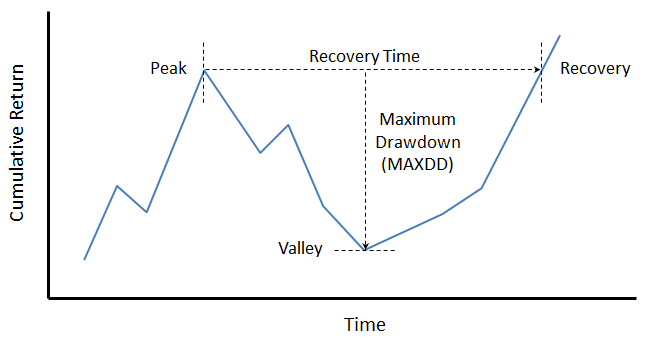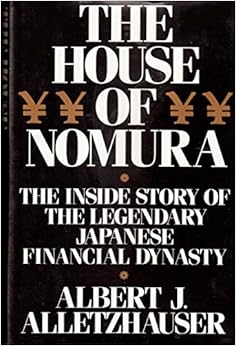 1. The secret to losing money in the market is to know why. “The losers “were ‘playing the market’, not using it intelligently. The fellow at the other end of the deal, who was using it intelligently, not ‘playing the market’, is the one who got the money.”
1. The secret to losing money in the market is to know why. “The losers “were ‘playing the market’, not using it intelligently. The fellow at the other end of the deal, who was using it intelligently, not ‘playing the market’, is the one who got the money.”
2. “It is an undeniable fact that indiscriminate trading in a hectic market will send one to financial oblivion quicker than any other known process.”
3. “The most careful preparation-a systematic plan-is one of the essentials of success.”
4. “Market action is not complex but surprisingly simple. Yet it is often made to appear complex by newspaper forecasters and market letter writers.”
5. “Market action is human nature in action.”
6. All market movements are based on “two deep-seated and entirely natural emotions: the desire for gain and the fear of loss.”
7. “So anxious are people to find some talisman, some magic wand, that will help them secure the hidden riches of the market, that they will try anything from coin-flipping to crystal gazing to secure the desired assistance.”
8. “What marvelous results could be attained in the business of making money if those who buy stocks would take a little time to learn a few simple facts about the market in which they are blindly reposing their faith.”
9. “Market students are continually diverted from making true evaluations of securities and commodities because they study the statistics made by prices instead of the psychology of prices.”
10. “Adopt one system of trading and stick to it, just as you employ and stick to one physician in whom you learn to have confidence.” (more…)






 Traders will typically approach a large loss in one of two ways. First is the dumb way, and that is to become a petulant whiner and throw a fit. Next is the more-constructive way, and that is to use the loss as a means of developing as a trader and to “quote” — learn from your mistakes. But there is a third way. And that is to view the loss as the cost of information.
Traders will typically approach a large loss in one of two ways. First is the dumb way, and that is to become a petulant whiner and throw a fit. Next is the more-constructive way, and that is to use the loss as a means of developing as a trader and to “quote” — learn from your mistakes. But there is a third way. And that is to view the loss as the cost of information.